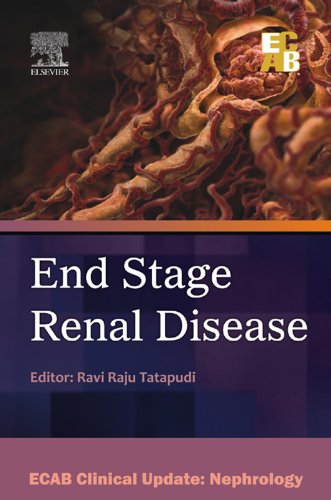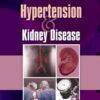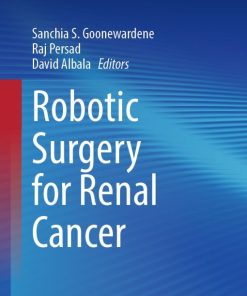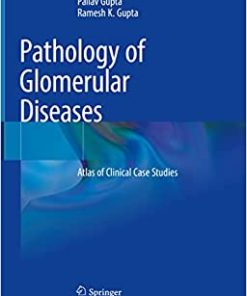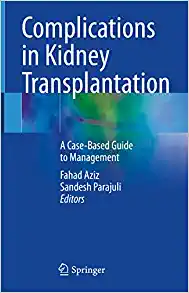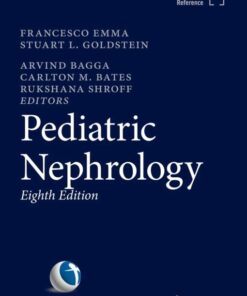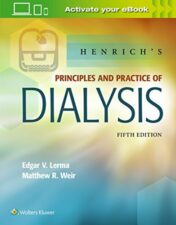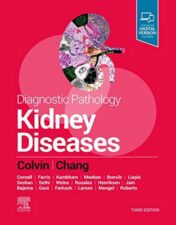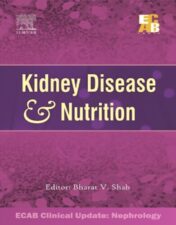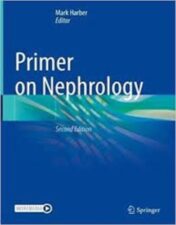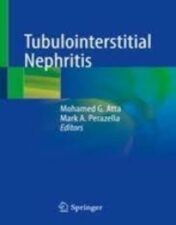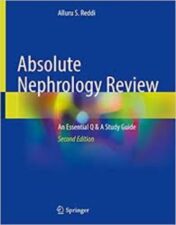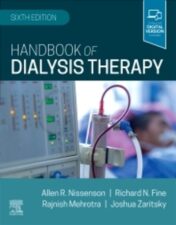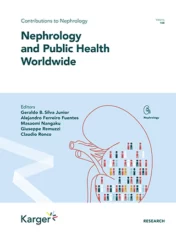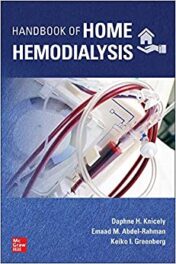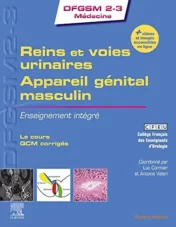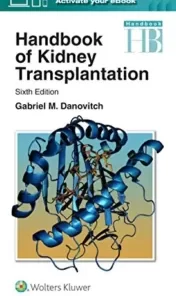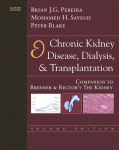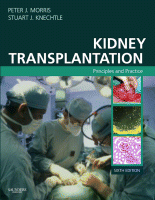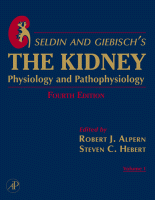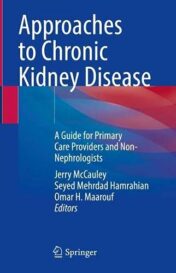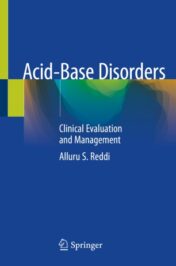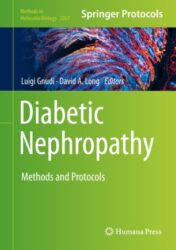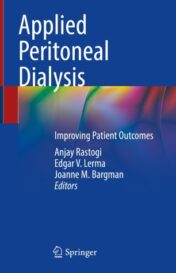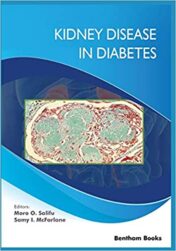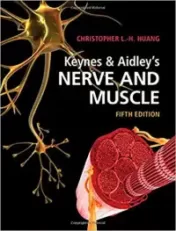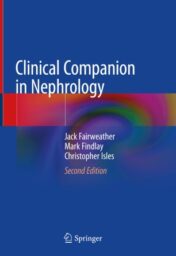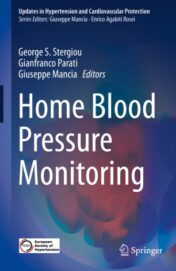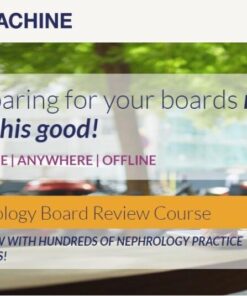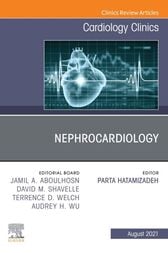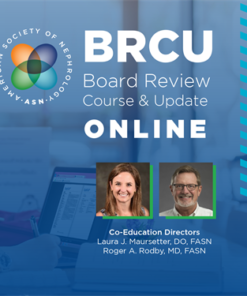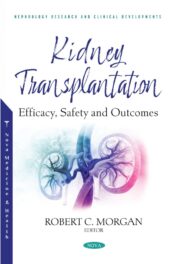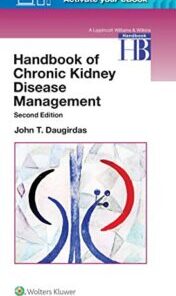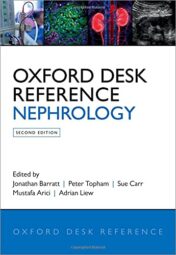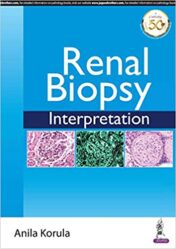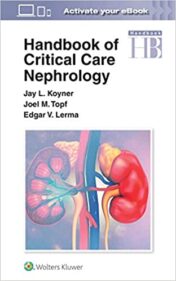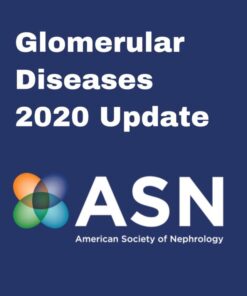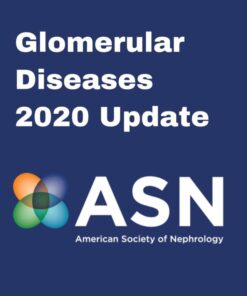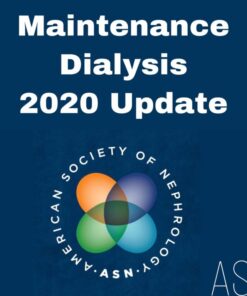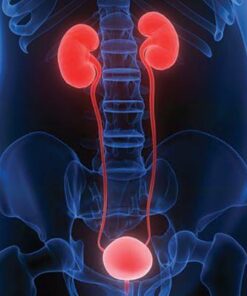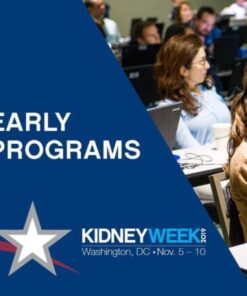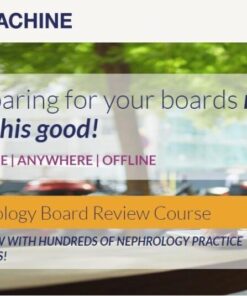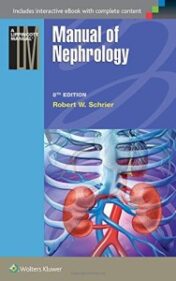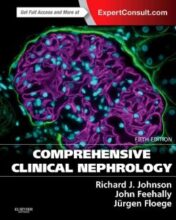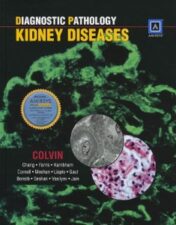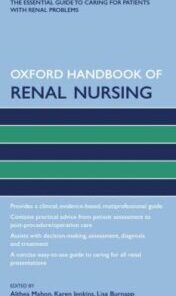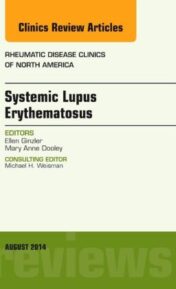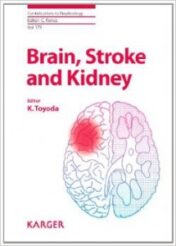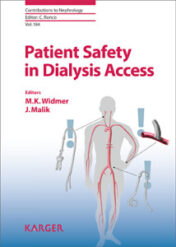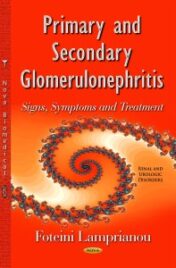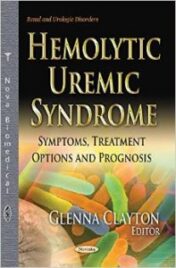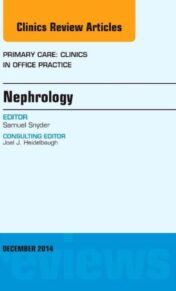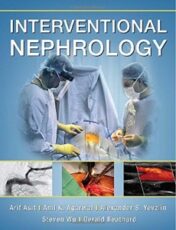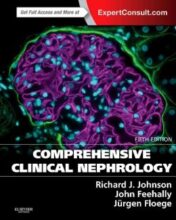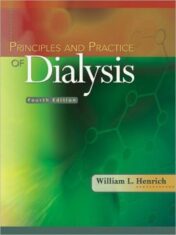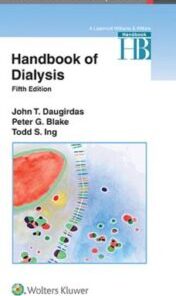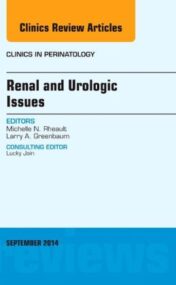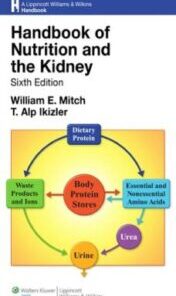- Print Length: 219 pages
- Simultaneous Device Usage: Up to 4 simultaneous devices, per publisher limits
- Publisher: Elsevier India (July 16, 2013)
- Publication Date: July 16, 2013
- Language: English
- Type : PDF ORIGINAL
- ==========================+======================
-
Note : We will send ebook download link after confirmation of payment via paypal success
Payment methods: Visa or master card (Paypal)
End Stage Renal Disease – ECAB
With the increase in lifestyle-related diseases like diabetes and hypertension the prevalence of Chronic Kidney Disease (CKD) is increasing exponentially and with it is increasing the burden of its ominous consequence, End Stage Renal Disease (ESRD). While ESRD is no longer a death sentence with the advent of efficient renal replacement therapies and the success of renal transplantation, factors such as high cost of these procedures, limited availability of donated kidneys and not enough number of centers equipped with these facilities puts the effective management of ESRD beyond the reach of an average person many-a-times. Additionally the presence of co-existing diseases that contribute to and sometimes complicate the renal impairment as well as delayed referral of the patients to nephrologists also makes matters worse.
ESRD is not just a medical but also a social and economic condition that devastates the person and his/her entire family. Hence, early detection and effective prevention of progression of CKD in early stages to advanced CKD and ESRD is the call of the day. In fact, understanding the pathophysiology of the condition and adopting methods of primordial prevention in populations at risk may be desirable to ensure reduction in the incidence of CKD. In those with established CKD, a proactive approach to manage the disease manifestations and limit the ravages of other comorbidities is desirable. For those in advanced stages of CKD, the institution of an appropriate renal replacement therapy individually suited to the patient keeping in view the medical status, lifestyle requirements, economic viability and social acceptability should be advised.
This book will help the reader understand the intricacies of the aspects mentioned above and guide the practitioner to diagnose and manage End Stage Renal Disease with special reference to practical experience of the same in India. The authors have put together the most relevant facts about the disease for an easy comprehension and understanding of the same by practitioners and students across the specialty.
Product Details
Related Products
NEPHROLOGY BOOKS
NEPHROLOGY BOOKS
Robotic Surgery for Renal Cancer (Original PDF from Publisher)
NEPHROLOGY BOOKS
NEPHROLOGY BOOKS
NEPHROLOGY BOOKS
Handbook of Nephrology and Hypertension, 7th Edition (EPUB3)
NEPHROLOGY BOOKS
NEPHROLOGY BOOKS
Pediatric Nephrology, 8th Edition (Original PDF from Publisher)
Internal Medicine Videos
NEPHROLOGY BOOKS
Diagnostic Pathology: Kidney Diseases, 3rd Edition 2019 Original PDF
NEPHROLOGY BOOKS
NEPHROLOGY BOOKS
NEPHROLOGY BOOKS
NEPHROLOGY BOOKS
NEPHROLOGY BOOKS
Minimally Invasive Percutaneous Nephrolithotomy 2022 Original PDF
NEPHROLOGY BOOKS
NEPHROLOGY BOOKS
NEPHROLOGY BOOKS
American Society of Nephrology (ASN) Kidney Week 2021 CME VIDEOS
NEPHROLOGY BOOKS
NEPHROLOGY BOOKS
Handbook of Home Hemodialysis, 1st Edition High Quality PDF 2021
NEPHROLOGY BOOKS
NEPHROLOGY BOOKS
Kidney Transplantation Principles and Practice 2008 Original pdf
NEPHROLOGY BOOKS
Chronic Kidney Disease Diagnosis and Treatment 2020 Original pdf
NEPHROLOGY BOOKS
NEPHROLOGY BOOKS
Acute Kidney Injury and Regenerative Medicine 2020 Original pdf
NEPHROLOGY BOOKS
Diabetic Nephropathy Methods and Protocols 2020 Original pdf
NEPHROLOGY BOOKS
NEPHROLOGY BOOKS
NEPHROLOGY BOOKS
NEPHROLOGY BOOKS
Keynes & Aidley’s Nerve and Muscle, 5th Edition (Original PDF) 2020
NEPHROLOGY BOOKS
NEPHROLOGY BOOKS
NEPHROLOGY BOOKS
NEPHROLOGY BOOKS
NEPHROLOGY BOOKS
Harvard Comprehensive Review of Nephrology 2021 (CME Videos)
NEPHROLOGY BOOKS
Nephrocardiology, An Issue of Cardiology Clinics Original PDF
NEPHROLOGY BOOKS
Oxford Desk Reference Nephrology, 2nd Edition (Original PDF)
NEPHROLOGY BOOKS
NEPHROLOGY BOOKS
NEPHROLOGY BOOKS
Handbook of Critical Care Nephrology ePub+Converted PDF 2021
NEPHROLOGY BOOKS
NEPHROLOGY BOOKS
NEPHROLOGY BOOKS
NEPHROLOGY BOOKS
NEPHROLOGY BOOKS
NEPHROLOGY BOOKS
NEPHROLOGY BOOKS
NEPHROLOGY BOOKS
NEPHROLOGY BOOKS
NEPHROLOGY BOOKS
NEPHROLOGY BOOKS
Systemic Lupus Erythematosus, An Issue of Rheumatic Disease Clinics
NEPHROLOGY BOOKS
NEPHROLOGY BOOKS
New Insights into Glomerulonephritis : Pathogenesis and Treatment
NEPHROLOGY BOOKS
NEPHROLOGY BOOKS
NEPHROLOGY BOOKS
NEPHROLOGY BOOKS
NEPHROLOGY BOOKS
Hemolytic Uremic Syndrome: Symptoms, Treatment Options and Prognosis
NEPHROLOGY BOOKS
Pediatric Renal Transplantation: Protocols and Controversies
NEPHROLOGY BOOKS
Nephrology, An Issue of Primary Care: Clinics in Office Practice
NEPHROLOGY BOOKS
NEPHROLOGY BOOKS
Comprehensive Clinical Nephrology, 5th Edition (ORIGINAL PDF)
NEPHROLOGY BOOKS
NEPHROLOGY BOOKS
NEPHROLOGY BOOKS
Renal and Urologic Issues, An Issue of Clinics in Perinatology
NEPHROLOGY BOOKS

